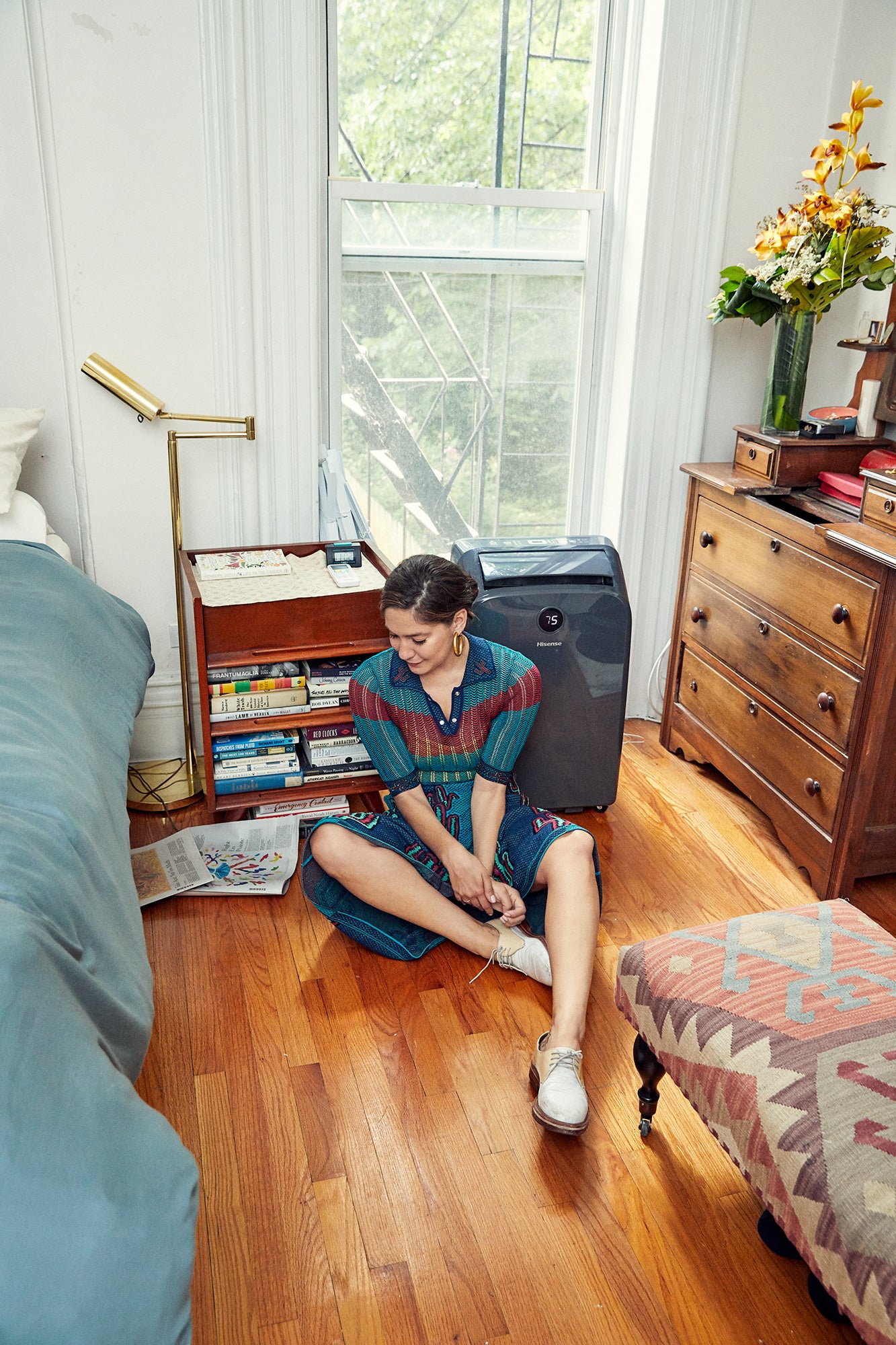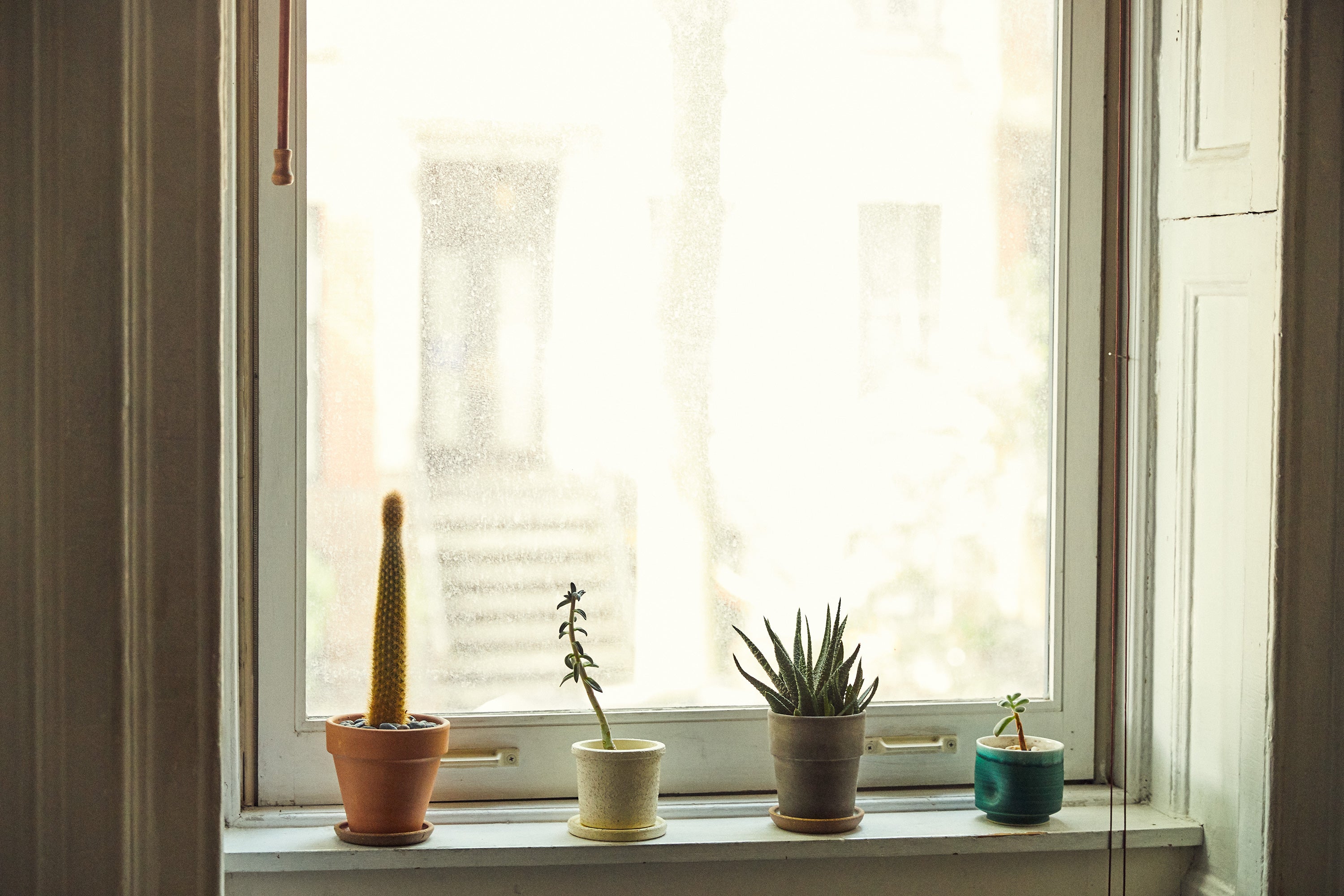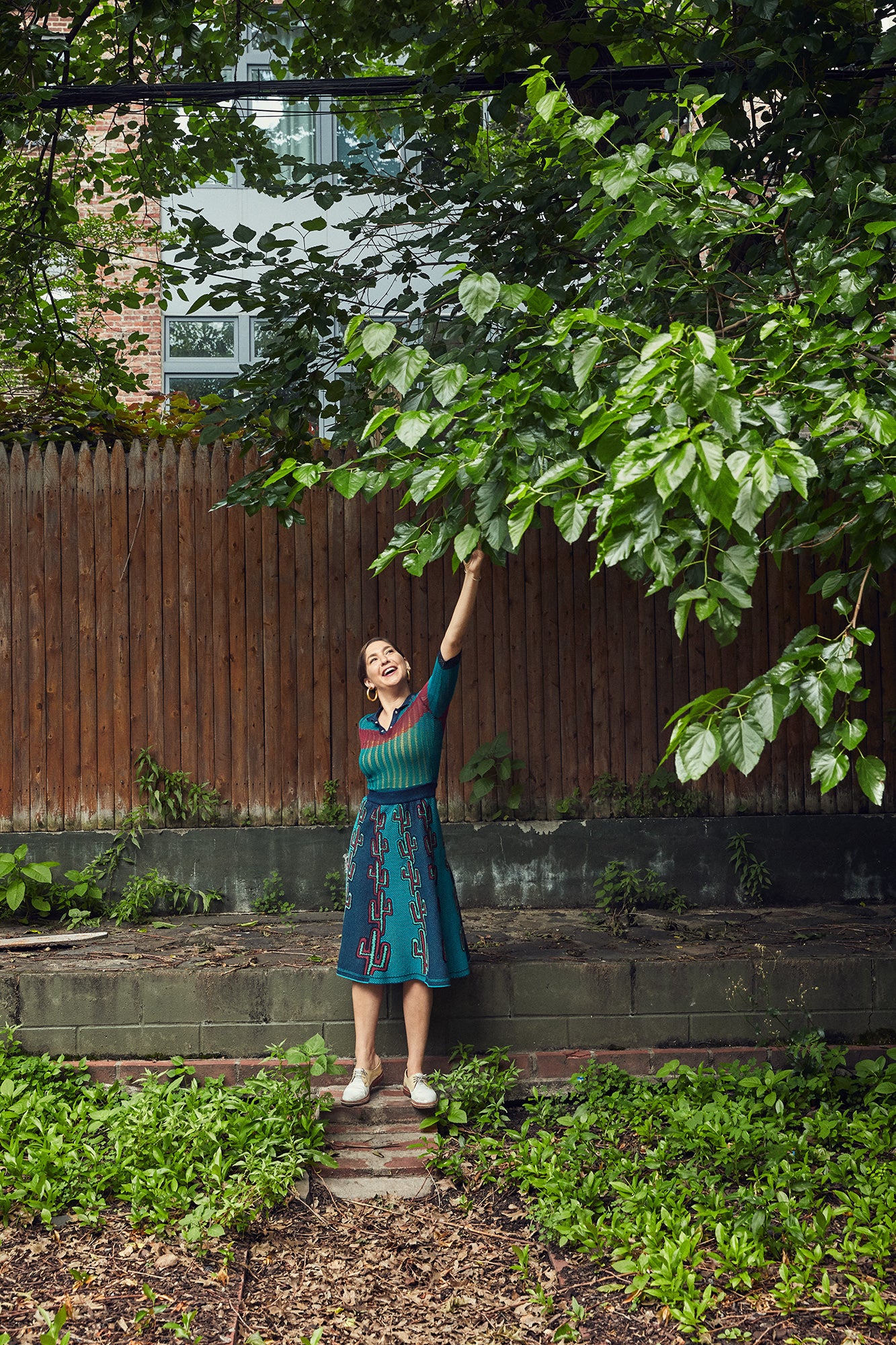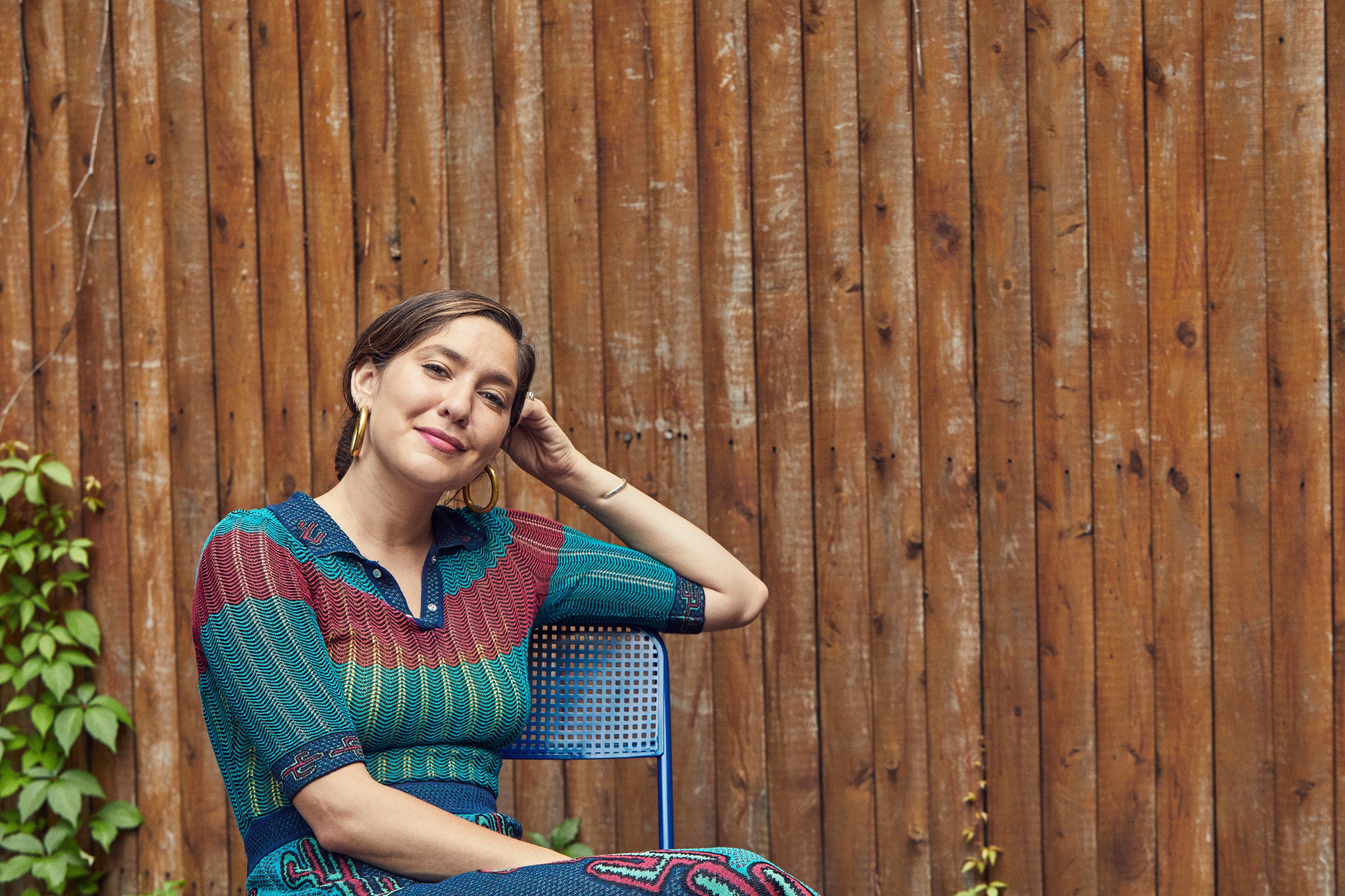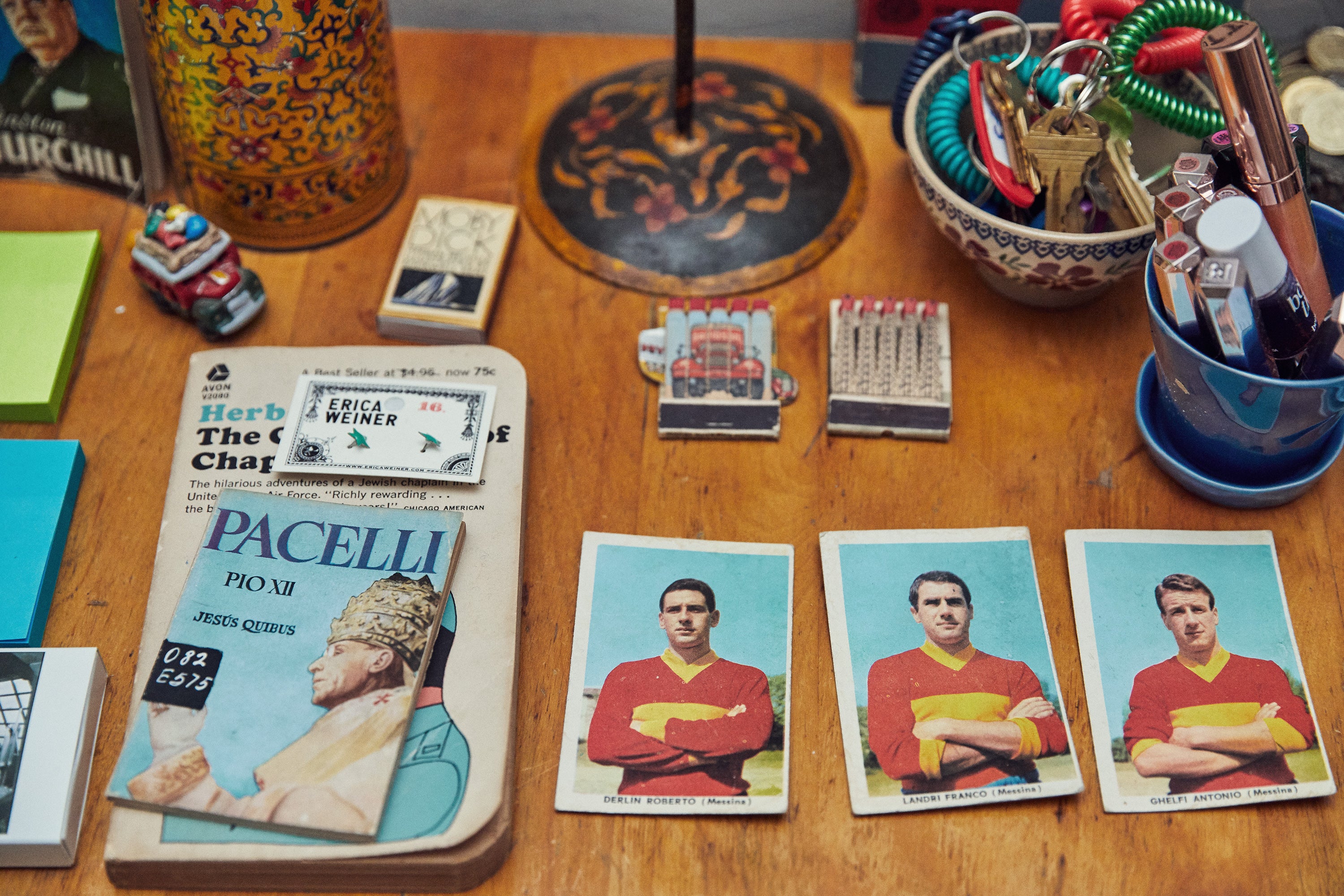
The screenwriter and director behind Dude and Ocean's 8 on William Faulkner, female representation, and being a teenage stoner.
AS TOLD TO GOSSAMER
I feel really lucky to have grown up in L.A. with the parents that I did. Both of them are artists—my dad is a writer and my mother is an editor and a painter—and they showed me a side of the city, perhaps by virtue of the fact that they're relatively anti-social, that was really wonderful and heartening: a lot of hiking, dogs, and surrounded by books and paint. But it's also sort of inevitable that you'll be affected by some of the values in L.A. So I was a 14-year-old with blond highlights, acrylic nails, and a fake self-tan. Yet there's a lot that I learned from that about the inherent contradictions or dichotomies that are at play in all of us as women. It taught me that you can embrace all of the things that you love about being a woman, even those that can be potentially damaging.
My dad got sober when I was 10. He was an alcoholic and a heroin addict, so using and sobriety were things we talked about very openly in our house. There was always a level of openness and trust. I think because I was kind of coming into consciousness as a person at the time, I really benefited from discussions about addiction, about the fact that people are fallible, and that people make mistakes. But it also made me be like, “I'm never gonna do drugs or drink.” Because you interpret things in a very binary way when you're that young.

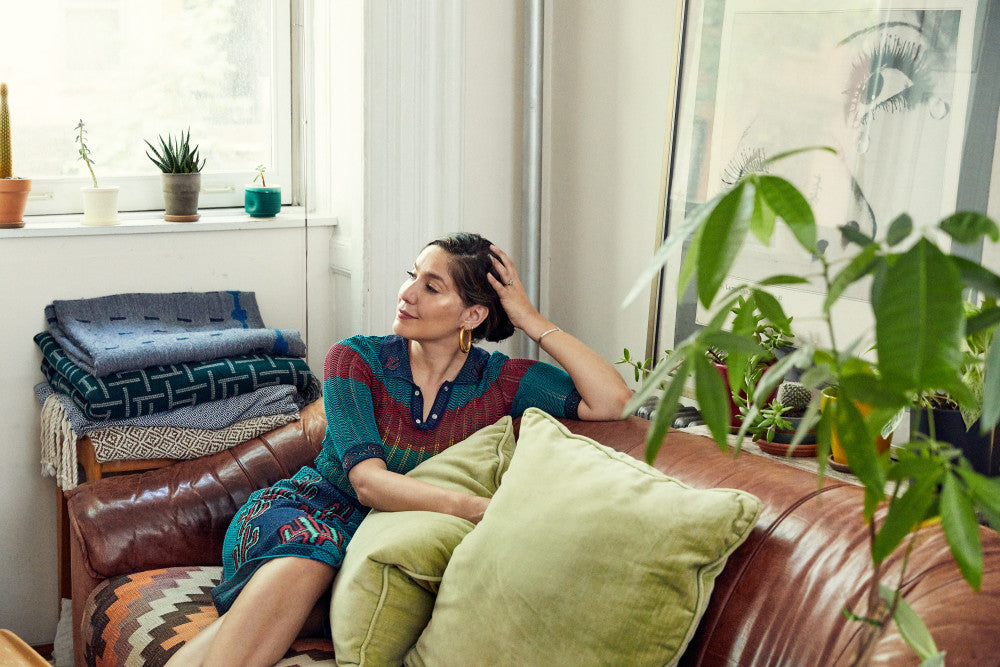
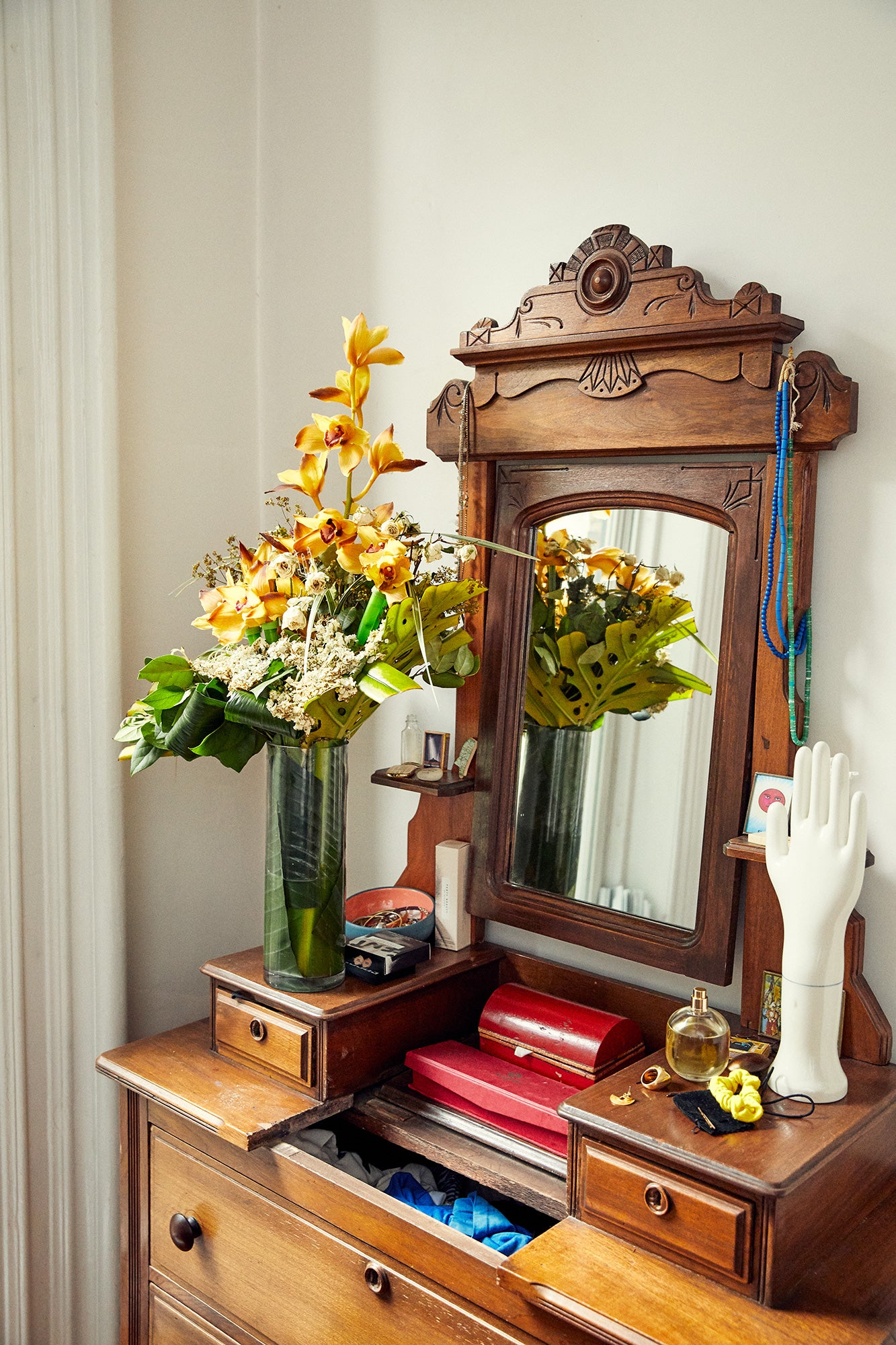
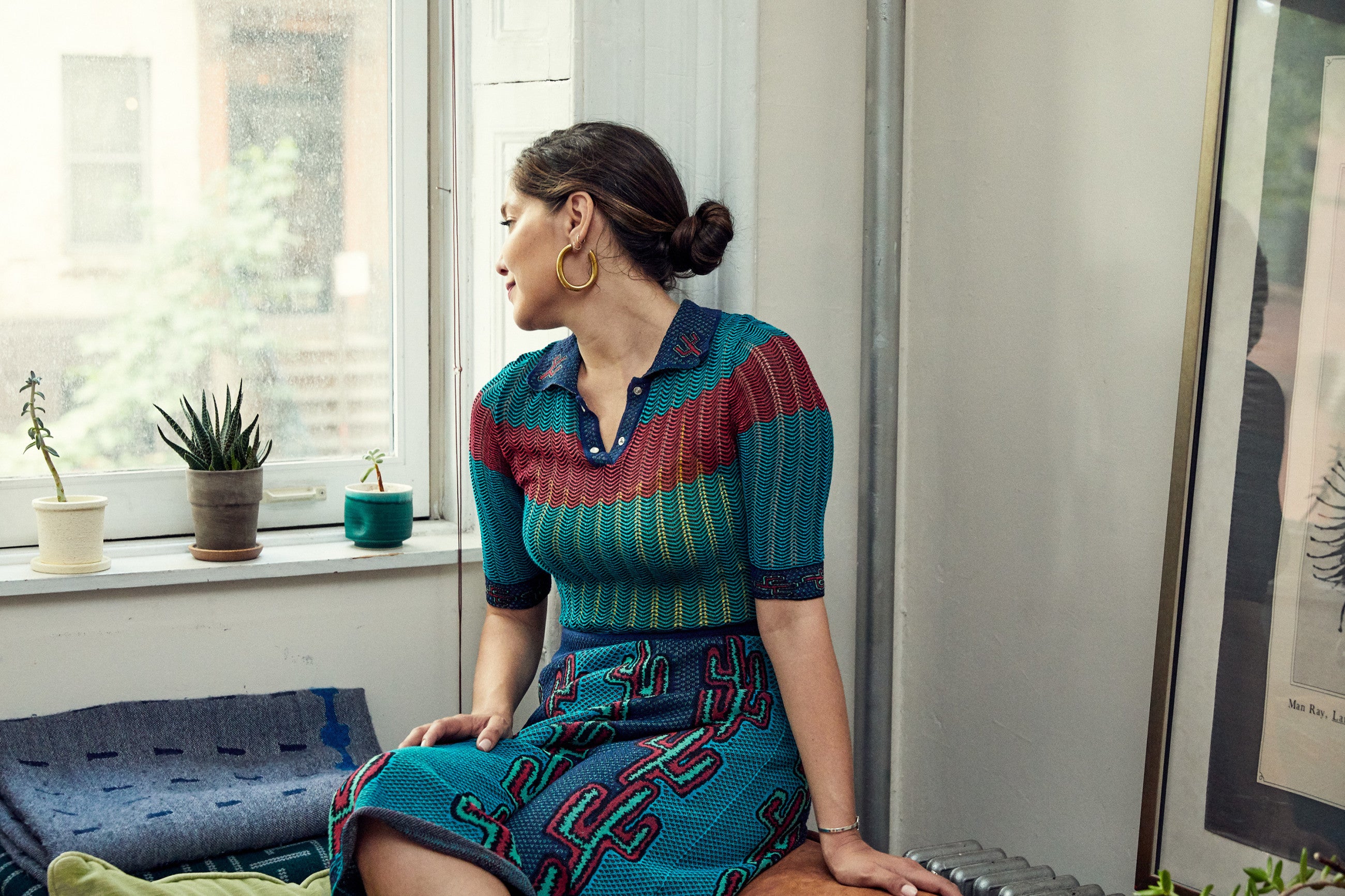
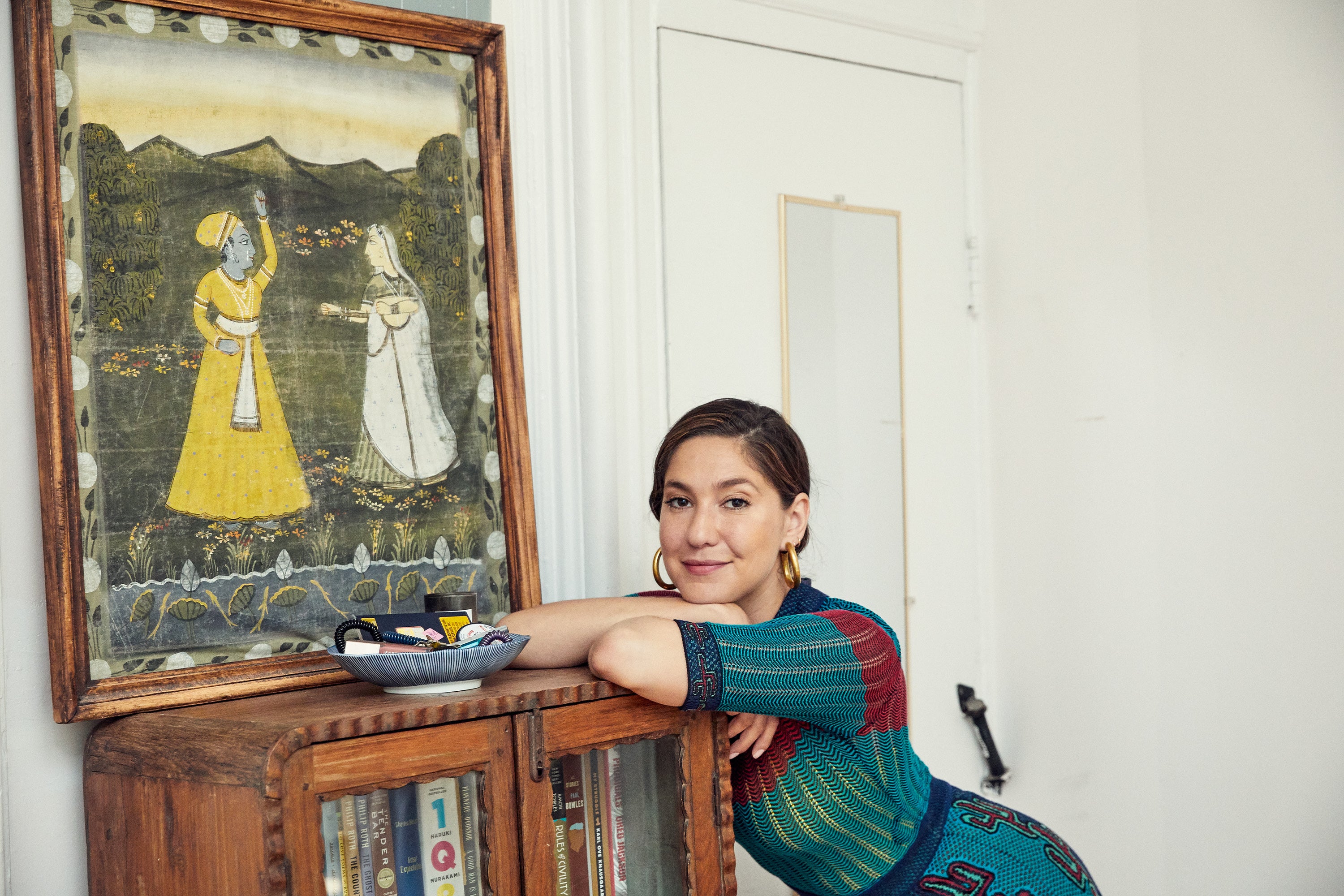
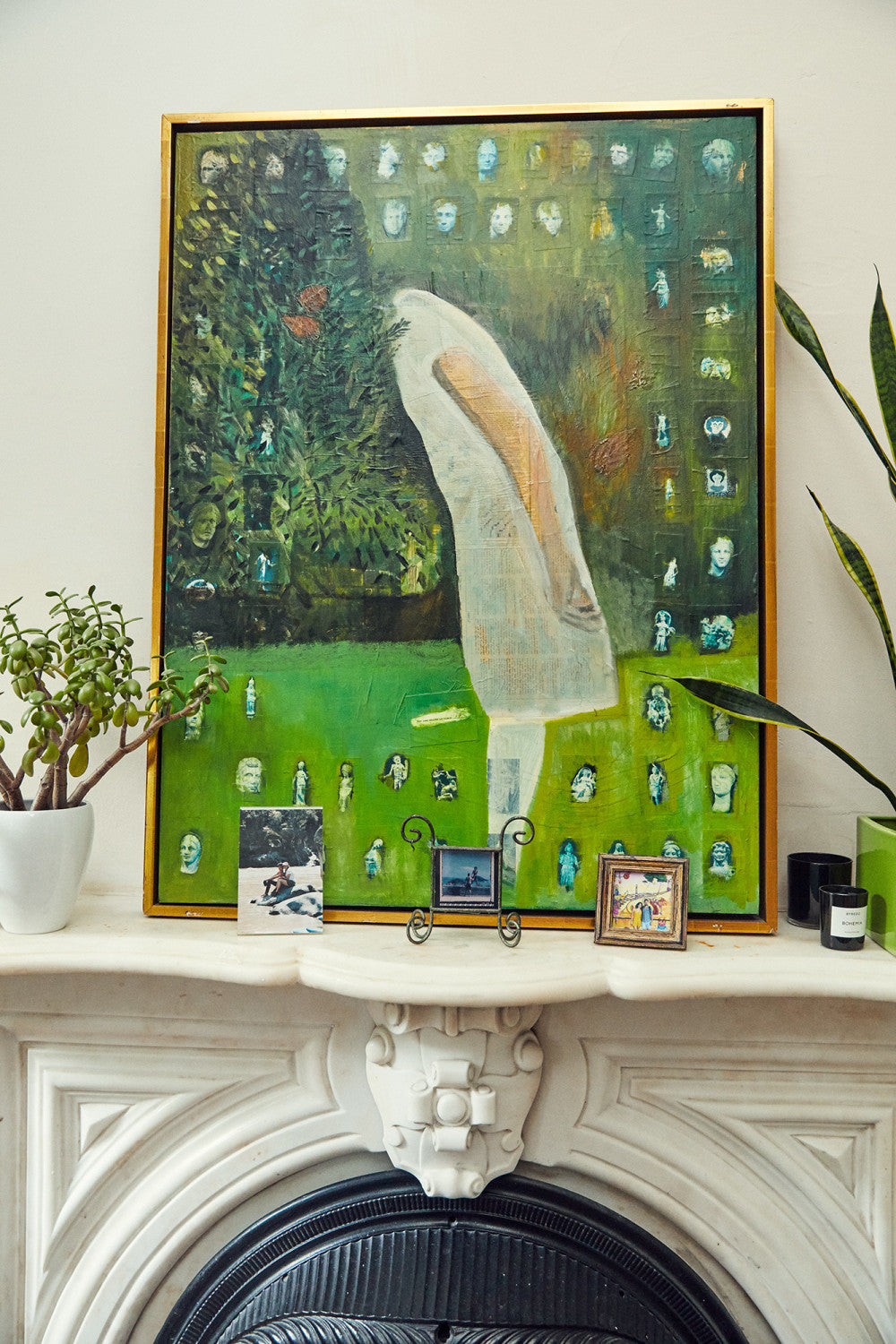
The reality of being a writer is that 99% of the stuff you do never sees the light of day.
